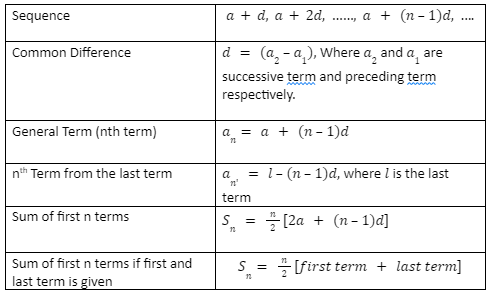Problem:
Hercy wants to save money for his first car. He puts money in the Leetcode bank every day.
He starts by putting in $1 on Monday, the first day. Every day from Tuesday to Sunday, he will put in $1 more than the day before. On every subsequent Monday, he will put in $1 more than the previous Monday.
Given n, return the total amount of money he will have in the Leetcode bank at the end of the nth day.
Example 1:
Input: n = 4 Output: 10 Explanation: After the 4th day, the total is 1 + 2 + 3 + 4 = 10.
Example 2:
Input: n = 10 Output: 37 Explanation: After the 10th day, the total is (1 + 2 + 3 + 4 + 5 + 6 + 7) + (2 + 3 + 4) = 37. Notice that on the 2nd Monday, Hercy only puts in $2.
Example 3:
Input: n = 20 Output: 96 Explanation: After the 20th day, the total is (1 + 2 + 3 + 4 + 5 + 6 + 7) + (2 + 3 + 4 + 5 + 6 + 7 + 8) + (3 + 4 + 5 + 6 + 7 + 8) = 96.
Constraints:
1 <= n <= 1000
Problem Analysis:
- This question is an Arithmetic Progression problem, we need to be familiar with the Arithmetic Progression Formula List and apply it accordingly.

- Time Complexity: O(1)
- Space Complexity: O(1)
Solutions:
class Solution:
def totalMoney(self, n: int) -> int:
# w1 = 1+2+3+4+5+6+7 = 28
# w2 = ... = 28 + 7
# ap formula 1: Sn = n/2[2a + (n – 1)d]
# ap formula 2: Sn = n/2[first term + last term]
w = n // 7 # weeks
rd = n % 7 # remaining days
return w * 28 + 7 * (w - 1) * w // 2 + (w + 1 + w + rd) * rd // 2
 Walter Teng.
Walter Teng.